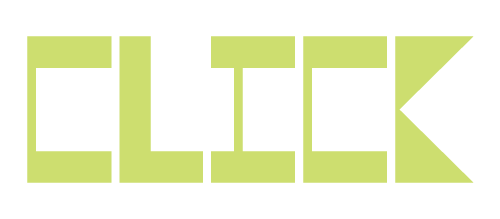The Lean Launchpad's greatest strength is its ability to help entrepreneurs convert their passions into a viable business model... before they run out of money! But we preach "show, don't tell" so let us show you what we mean :).
The uChampion co-founders joined the Lean Launchpad class with a passion for fitness, mobile technology, and video games. They felt there was some way to bring these things together in such a way to help people achieve fitness goals more effectively.
Initial Concept
Idea: Create a mobile app that tracks your progress towards physical fitness goals and displays your progress towards goals via a 3D avatar. The 3D avatar would be displayed not only in the app, but also via social networks and - if possible - in massively multiplayer online games like World of Warcraft.
What Happened: The co-founders interviewed a bunch of potential customers and experts in the various fields needed to make their concept go. Key take-aways:
- # of people who would actually find this interesting and worth paying for was not measurable.
- Cost to implement concept was daunting and required code-level collaboration from top-tier game companies... deemed not likely to happen.
- People WERE interested in a better way to track goals, progress towards them, and get help from friends to achieve goals.
Pivot 1
With this learning in hand, they tossed their idea and executed their first pivot.
Idea: Create an app that employs gamification techniques to help individuals better select and achieve personal fitness goals.
What Happened: more interviews ensued and they learned...
- Good news: lots of demand and validation of gamification as a way to help people improve fitness results.
- Bad news: this space is very crowded by big, well-funded competitors. There was nothing the co-founders had in mind that would let them compete head-to-head.
- Interesting news: Gurus (defined by our entrepreneurs as a subject matter expert in any field who maintains a personal following of students) were interested in gamification. Gurus interviewed seem to struggle getting their students to achieve goals, and felt gamification could help them. But existing gamification solutions are targeted either to individuals or to large enterprises. There are no solutions to help gurus!
So in other words, Pivot 1 wasn't going to work, but it provided some very interesting data about...
Pivot 2
Idea: A platform that allows even non-tech-savvy gurus to quickly and easily create their own branded apps. These apps use gamification to help students better achieve success and communicate progress/challenges between student and guru.
Results of next round of interviews and help from instructors and mentors in Lean Launchpad class:
- Good news: lots of potential market verticals, plenty of potential customers, gurus become a channel for distribution of app to consumers, gurus may be willing to pay if they can see tangible business results.
- Bad news: lots of verticals, WHERE to start? Also, the gurus are a highly fragmented target market, so cost to acquire each customer could be very high yet the revenue from each customer might be small.
- Existential moment: team realized they are not passionate about gurus, they are passionate about fitness. And without passion, you've got noth'n so...
Pivot 3
Idea: Create apps that help gyms better serve their members, increasing retention and market differentiation through the use of gamification to increase motivation, follow-through, and social engagement.
What they learned:
- Many gyms, especially YMCAs, have high attrition rates in their gym memberships. Keeping those people on as members would add significantly to their bottom line.
- Gyms are in vicious competition with each other and, often, struggle to differentiate themselves. Gym owners that had hard data on the health impact they've had on their members would help them stand out from competitors.
- YMCAs and many other gyms are using clipboards and are not using mobile apps. The apps they do know of are targeted to consumers and do not allow easy sharing of data between member and trainer (aka fitness guru).
- Gym owners agree that motivation, data tracking, and social engagement are all problems their existing technology solution (paper) do not address.
- After a 20 minute phone call one gym CEO was begging them to do their beta at his facility :).
Conclusion
Most of the startups I know (including my first startup!) took years to do that much learning. uChampion did it in 5 weeks. Will they succeed? It is still far too early to tell. But damn if they don't have a hell of a head start!
Wish them luck!
If you would like to learn more about enrolling in the next session of Lean Launchpad: Pioneer Valley (Feb, 2014), let us know.



